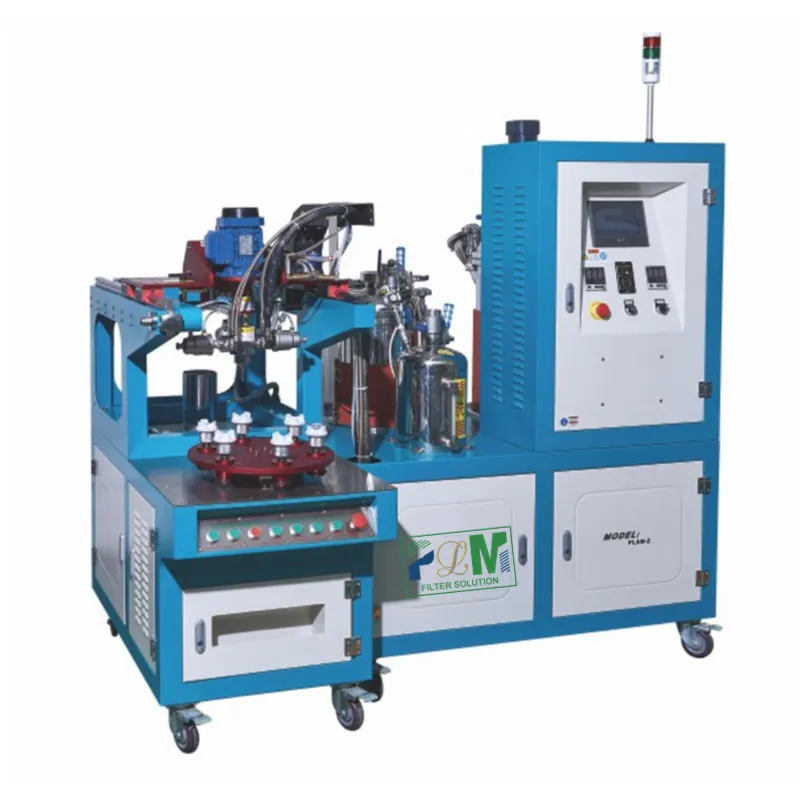സെപ് . 19, 2024 09:23 Back to list
paint stop filter service
Understanding Paint Stop Filter Service Ensuring Clean Air Quality in Industrial Settings
In the realm of industrial operations, especially in paint shops and related environments, maintaining air quality is crucial not only for compliance with health regulations but also for ensuring the quality of painted surfaces. This is where the concept of paint stop filter service comes into play. These filters are designed specifically to capture overspray particles from spray painting processes, minimizing contamination and promoting a healthier workspace.
Paint stop filters are an essential component of any efficient spray booth. They work by trapping paint particles and allowing clean air to circulate within the facility. Not only do they help in maintaining a cleaner environment, but they also enhance the finish quality of the painted products by preventing foreign particles from settling onto wet paint surfaces. Consequently, investing in high-quality paint stop filters and regular maintenance services can significantly affect both the operational efficiency and output quality of a paint shop.
The service aspect of paint stop filters involves regular inspection, replacement, and proper disposal of used filters. Over time, filters can become clogged with paint particles, which can lead to reduced airflow and increased pressure in the ventilation system. This, in turn, may cause equipment strain and potentially lead to failure. Regular maintenance ensures that the filters remain effective and that air quality standards are consistently met.
paint stop filter service

Moreover, paint stop filter service is vital for environmental compliance. Many regions have stringent regulations regarding VOC (volatile organic compounds) emissions from paint operations. Utilizing and maintaining paint stop filters helps businesses adhere to these regulations, avoiding potential fines and contributing positively to environmental sustainability. By trapping harmful particles and reducing emissions, companies can demonstrate their commitment to responsible manufacturing processes.
In addition to regulatory compliance, effective paint stop filter service can lead to cost savings in the long run. Regular servicing not only extends the life of the filters but also improves the efficiency of the spray booths. A well-maintained ventilation system requires less energy to operate, directly resulting in lower operational costs. Additionally, the reduction of overspray can lead to savings on paint materials, as less product is wasted in the air.
In conclusion, paint stop filter service plays a critical role in ensuring a clean, efficient, and compliant industrial painting environment. By implementing a rigorous service schedule and investing in high-quality filters, companies can improve air quality, enhance product quality, and achieve significant cost savings. It is a small but vital cog in the larger machinery of industrial processes that, when neglected, can lead to numerous challenges. Thus, recognizing the importance of maintaining these filters is essential for any operation involved in painting processes. Clean air is not just a regulatory requirement; it is a commitment to worker safety and product excellence.
-
CE Certified Truck Air Filter Machine Line - Automated & Efficient
NewsJun.06,2025
-
Caterpillar Truck Engine Fuel Filters High Performance & Long Life
NewsJun.06,2025
-
Premium Metal Fuel Filter Durable & High-Flow Filtration
NewsJun.06,2025
-
Best PLJL-4 Seal Leakage Tester Accurate Spin-On Filter Testing
NewsJun.06,2025
-
Premium 2014 Car Air Filter Making Machines - Top Suppliers & Manufacturers
NewsJun.06,2025
-
Premium Plastic Gaskets Durable & Custom Sealing Solutions
NewsJun.06,2025
